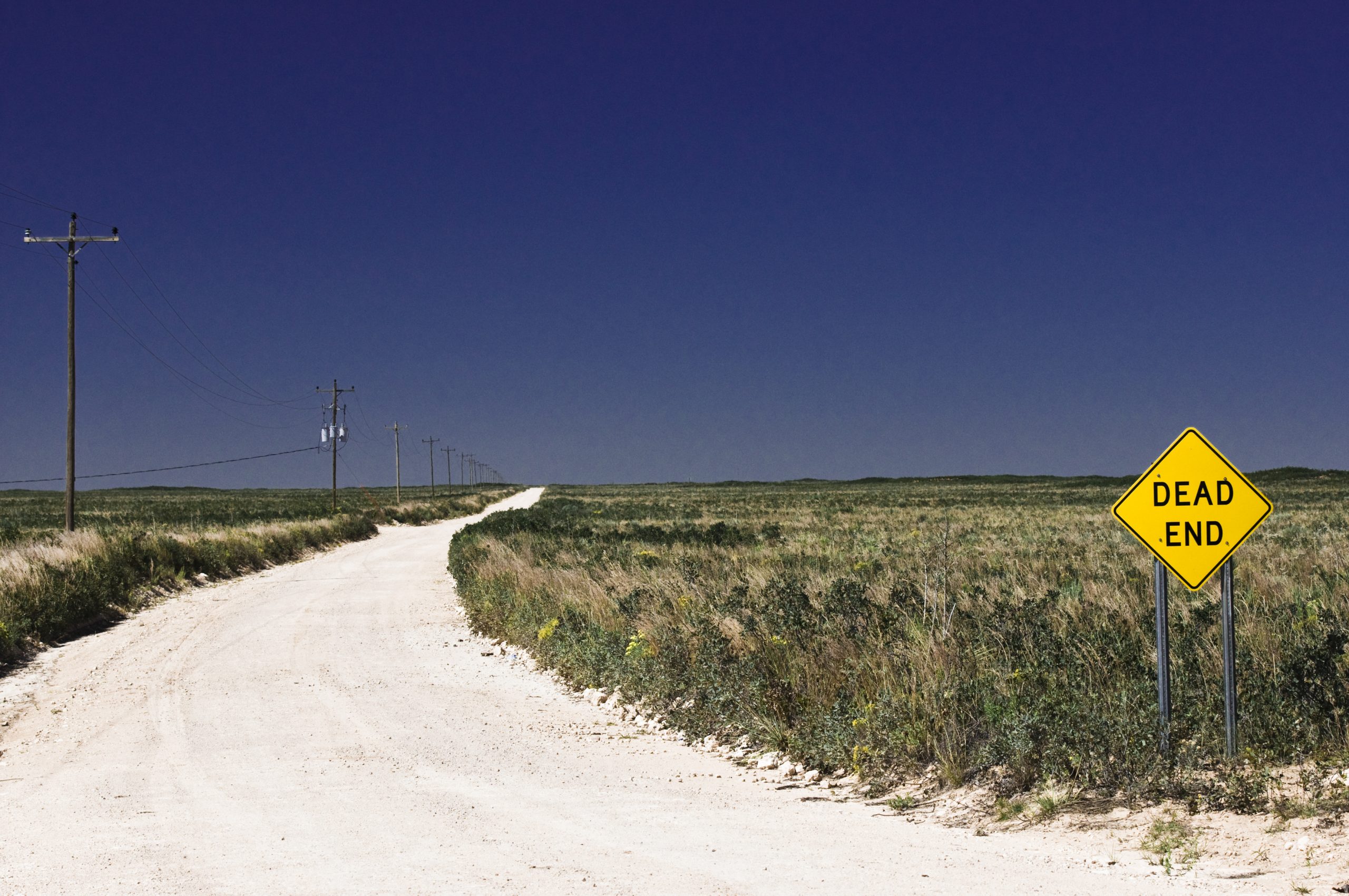

Looking at the potential effects on human evolution, it is possible that endocrine disruptors, impacting on the reproductive success of the vulnerable ones, would, over time, select for a population more resistant to environmental chemicals. Other studies have associated exposure to endocrine disruptors, possibly even in the womb, with reduced sperm quality, earlier onset of puberty, declines in fecundity and even smaller penis size. As the onset of menopause has clear implications for women's reproduction rate, endocrine disruptors might thereby influence the gene stock of future generations. Moreover, endocrine disruptors not only have lasting effects on the individual, but might also have transgenerational consequences, via epigenetic modifications.Ī recent US study found a significant association between the levels of fifteen persistent endocrine disruptors and an earlier age at menopause in a large sample of women (Fig in Box 1), with menopause occurring as much as 3.8 years earlier in women with the highest levels of these chemicals in their bodies 10. These substances have been associated with perturbed reproductive function in males and females, increase in the risk of certain cancers, and severe anomalies in growth, neurodevelopment, metabolism and immunity, albeit most of these assertions are based on wildlife observations and mouse studies. In particular, the ubiquitous use of endocrine disruptors-a vast array of synthetic and widely used chemicals that interfere with the endocrine system-might have some undesirable effects on human populations.

Humans have been changing the world for millennia, and some of the man‐made environmental alterations are so profound that they may leave distinctive genetic fingerprints at the population level with an evolutionary impact on our species. Only Nicky Henson as Pozzo momentarily allows a portentous note into his last speech, but he is otherwise entirely formidable.Box 1: Endocrine disruptors and human evolution James Duke's Lucky delivers his single peroration as just teetering into sense, and is unsettlingly brave enough to face us with the repulsiveness of the victim. His occasional extravagance of voice and gesture fits Vladimir's greater restlessness and never dominates the doughy dolefulness of Brian Pettifer's subtle and moving Estragon.

I had immediate doubts about the Coca-Cola T-shirt worn by Richard Wilson's Vladimir, and in fact he and his partner are too showily attired as slapstick down-and-outs.īut Wilson exactly disciplines his capacity for idiosyncrasy so as to ensure that so many lines that could be sounded for deep significance are pitched to stay securely within the level of dialogue without being flattened, and none of the comedy is merely ingratiating. Beckett said that he switched to composing in French so as to write "without style", meaning presumably that nothing should be flourished for its own self- evident effect. Happily, Matthew Lloyd's new production falls for neither of these. Godot is supposed to arrive along that country road to deliver the tramps not only from sore feet and prostate problems, but from thought as well, but he only ever sends word that his coming must be deferred to tomorrow and tomorrow. "What is terrible," says Vladimir, "is to have thought", and we have already heard a desperate parody of human thinking, garbling together the profound and the banal, when the mute, passive slave Lucky is ordered to "think!" by his master Pozzo. In what Estragon would recognise as a little "canter", the philosopher Daniel Dennett fantasises that trees might once have been like us - that is, sentient, deliberating beings on the road to understanding - but that they recognised the futility of thought and "had to take root and "vegetate". One of the many recurring sets of two in the play, they indicate the opposites of movement and stasis, the first of human devising, the second a natural phenomenon. A tree," is all the setting Samuel Beckett specifies for Waiting for Godot.


 0 kommentar(er)
0 kommentar(er)
